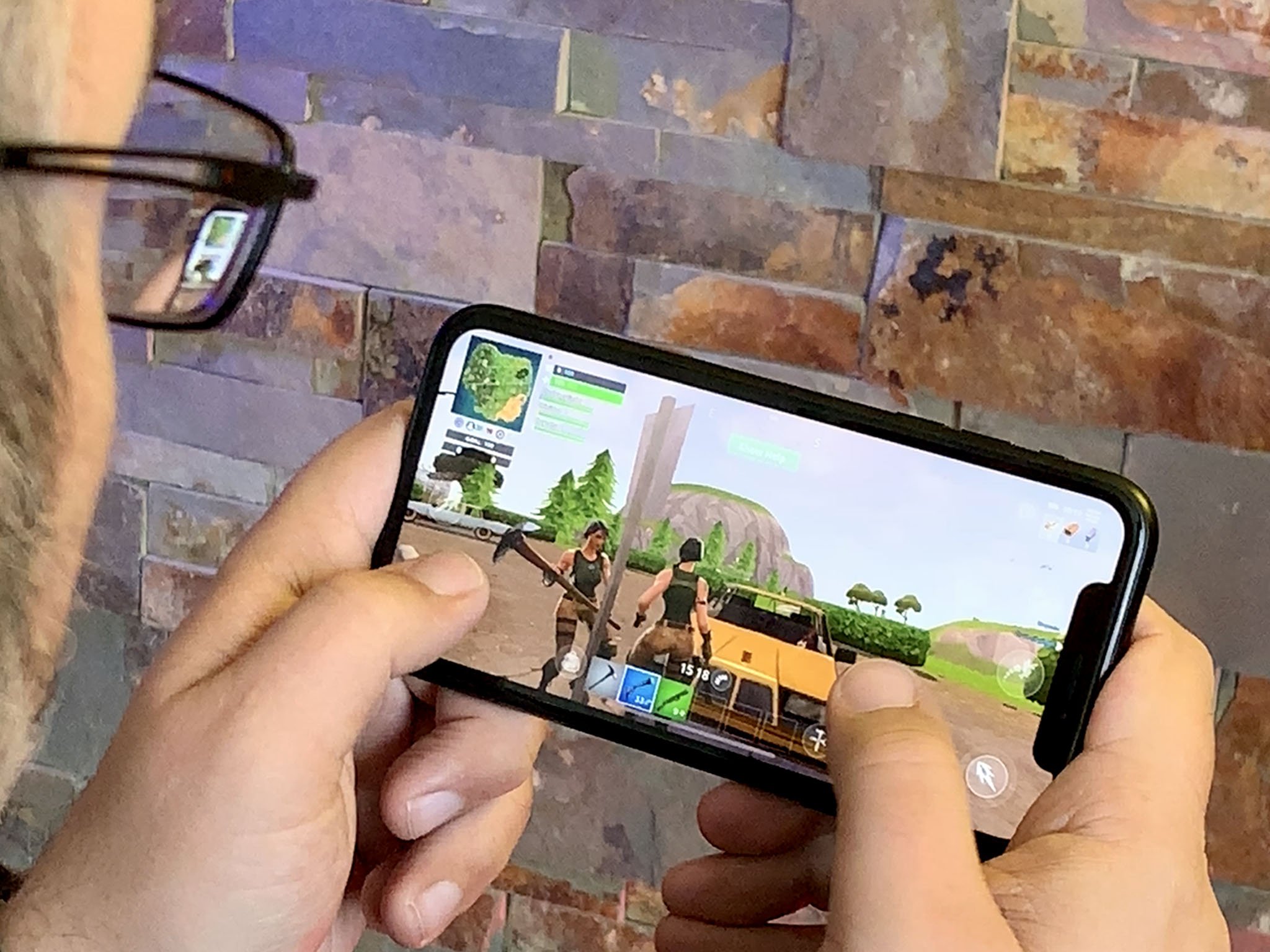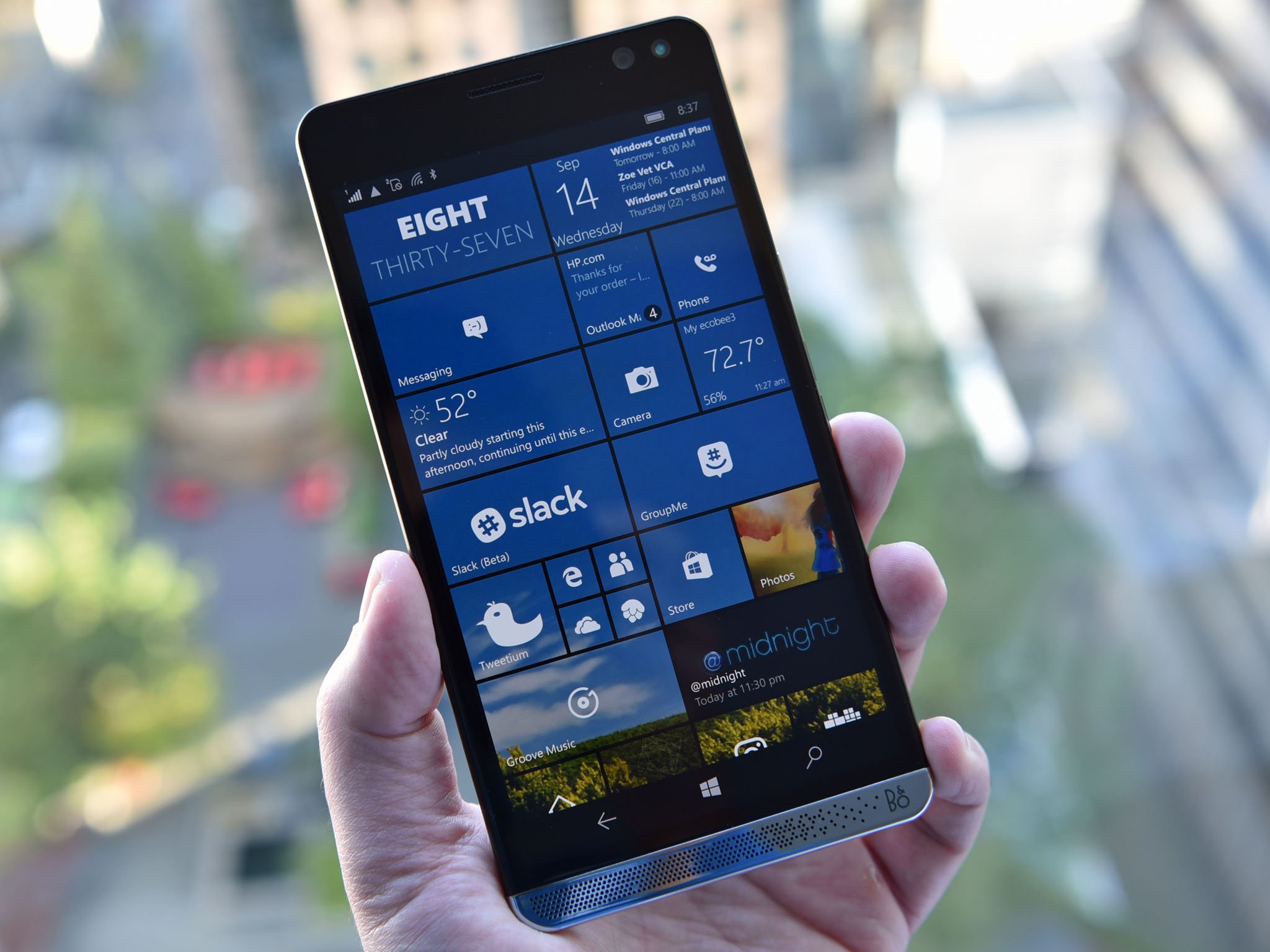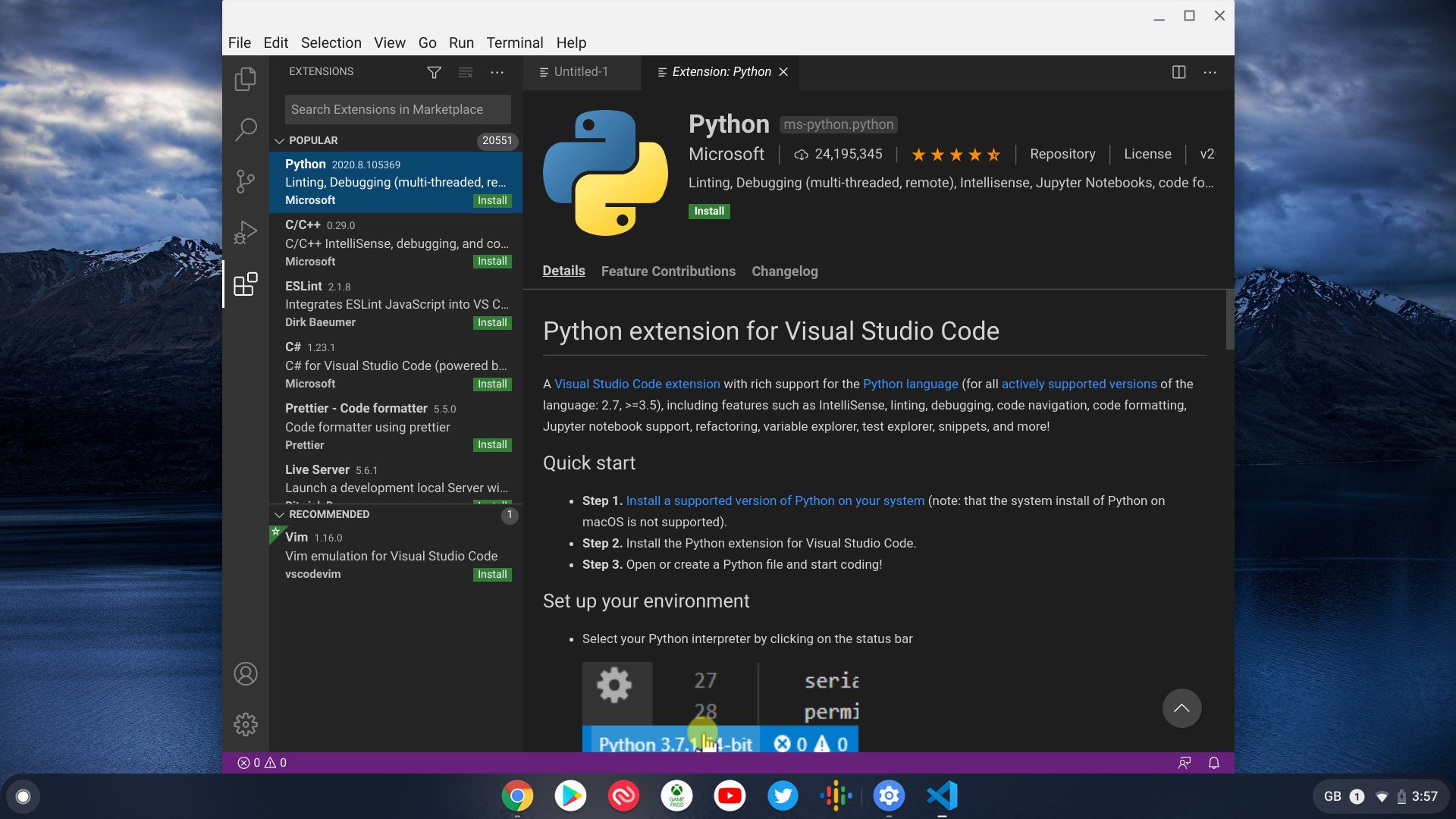The Epic Games vs. Apple war highlights how you can't really rely on any of the big tech firms. And it prompted me to go looking once more at open-source software.
The Epic Games vs. Apple saga is well storied already so that I won't be going over old ground here. But the whole sorry tale did prompt me to rethink how I use my tech, both for work and for personal use. Because big tech companies can burn you, and often do.
I'm not really a Fortnite player, so the loss of access on iOS doesn't really affect me, but not being able to use xCloud on there certainly does. All of these big companies have their ecosystem plays, and it seems you're not entirely safe locking into any of them.
And while it's impossible to avoid in many cases, there's plenty of software out there that doesn't rely on the shackles of Apple, Google, Microsoft, Facebook, Amazon, and so on. Free and open-source software (FOSS) doesn't just come without a price tag; it comes free of any required attachments to a big ecosystem, and in probably more cases than you think, it can change the way you use a PC.
Big tech cancels or changes products at its user's cost
Remember Windows Phone? The biggest example of a tech cancellation in recent memory for regulars to this site, but it's proof of how big things can get when it comes to pulling the rug out from under the users, from under us. By contrast, Android is open source, so even if Google, for some reason, decided to stop making a phone OS, someone else would likely pick up the reigns. Indeed custom versions have been a thing since pretty much the beginning.
It isn't quite the same as what's going on between Epic and Apple, of course, but its impact was very similar. A bunch of people who relied on this thing being around then had to start looking elsewhere. Had Microsoft open-sourced Windows for phones, I guarantee there would be a community still building and supporting devices.
These companies all make changes or closures, and it's you and I that suffer for it.
But it happens on a smaller scale, too. Most recently, Apple acquired Dark Sky and has since shut down its Android app, and the API will cease to function from the end of next year. Affecting users and affecting developers, both of which will have to transition to something else.
Facebook recently announced that Oculus owners will be forced to login with a Facebook account soon. And some of us never got over the closure of Google Reader. Even today.
All different examples, but there's a common theme. All of these ecosystem plays come at a cost. All the big tech companies want, no, need to lock you in to continue a steady source of revenue, but it's not necessarily in your best interests.
FOSS doesn't just mean Linux
The part of the Epic vs. Apple argument I agree with the most is that there's no alternative on iOS to buying apps. No alternative means no competition, which means Apple can keep charging developers 30%, and the users of the platform ultimately pay the price.
Android, of course, is a little more open, with alternatives to acquire apps that don't involve Google, such as Samsung's own store, the Amazon Appstore, and of course, Huawei's AppGallery since they don't even have access to Google. But there are options out there.
Options are what you get with FOSS. And it doesn't mean you have to use Linux. Open-source software is prevalent across Windows, Mac, and Linux, as well as mobile and the web. I've been dabbling more recently with Linux and Chrome OS alongside my regular Windows 10 use. I have already found several amazing applications that work on all those platforms that are capable of replacing software I've been using for years.
Open source apps can be amazing
Many years ago, I used GIMP, a popular cross-platform open-source image editor along the lines of Photoshop. Then, for reasons I can't really understand, I moved to paying for an Adobe CC subscription. Now I'm back on GIMP, or more specifically, a forked version called Glimpse. This is an incredibly impressive piece of software with plugins galore available, supporting Windows, Mac, and Linux and costing absolutely nothing. No subscription to Adobe, just great software built by people who just want to make it as good as it can be. Video editors would do well to check out the impressive KDenLive, which can also be used on all the major platforms as an alternative to Adobe Premiere.
It doesn't stop there, either. Microsoft 365 is a great package, but if all you want is something lighter, free, and compatible with Office files, there are suites like LibreOffice. Once again, this is available on all the major platforms, completely free and open source. Microsoft has been contributing more to the open-source community of late, too, with one example being its Visual Studio Code application. A personal favorite is StackEdit, a web-based open-source markdown editor which has become my new place for writing all my work.
And did you know that the Telegram app is open source? It's also a much better service than WhatsApp and can be used on many platforms all at once.
The future is open source
Obviously, there will always be ecosystem tie ins and places you're unable to avoid "the man." Gaming is a big one, of course, and content. But in those cases, you should always keep your options open. If you buy all your content in Microsoft's store, then what happens if, as has happened in the past, Microsoft decides to pull the plug?
I'm hardly an expert; I'm only just beginning to find my feet in the world of open-source software. But this whole debacle where one enormous company has stopped another enormous company using its services because it wants to keep more money for itself shines a golden glow on the FOSS community.
These folks are making good software for the sole purpose of making good software. If you choose to toss a few bucks their way to help cover costs and keep the development train rolling, that's great; I've done that regularly.
The issue isn't things costing money, I'm happy to pay, and I'm happy to donate to developers offering a free product to help them keep doing good work. The issue is when big business decisions start affecting the little guy. Us. I want to use the software I know was built for the sole purpose of being a good piece of software, not to lock me into a subscription or keep me using one particular platform. It's refreshing, and it's been a real eye-opener starting to explore what's out there.
Likewise, if you're already a fan of some great open source software, share it with us in the comments below so we can all appreciate it.











0 comments:
Post a Comment